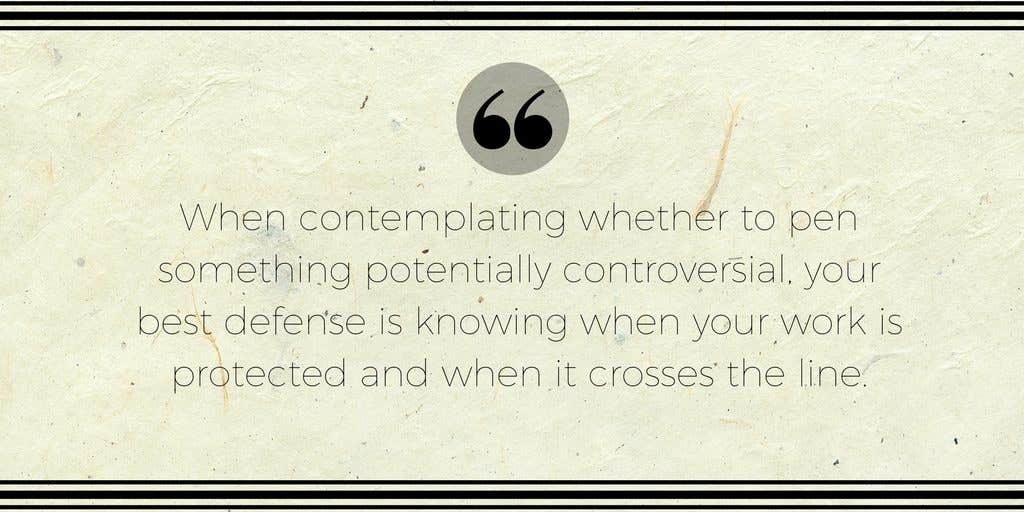Many (Sort of) Happy Returns
Getting back that SASE often means rejection, but at least you know the editor got your query. What happens when you query abroad?
SASE: Self-addressed, stamped envelope. The necessity of sending SASEs with queries is stressed so much that two questions are raised: Is the SASE more important than the writing of the article itself, and what dire punishment will result if an SASE isn't included?
Of course, the first question is rhetorical. The answer to the second is relatively simple: The writer just may never hear back from the editor if there's no SASE. But the answer gets more complex with queries sent outside your home country. Mail-ing the query itself is simple; any post office can help you. But how do you deal with the SASE question if a friend wins a raffle while visiting the United Arab Emirates, and you want to query the English-language paper in Dubai about a feature article?
- Go to a U.S. Postal Service branch and buy International Reply Coupons for $1.05 each. IRCs are green paper coupons that transfer funds for return postage from other countries. The editor then takes the IRCs to his or her post office and exchanges them for stamps or to the bank for reimbursement. Of course, to know how many IRCs to buy, you need to know the weight of the envelope being returned, that country's postal rates and the current currency exchange rate. Currency rates run in most daily newspapers. Keep in mind it can be a bit (or sometimes, more than a bit) of an inconvenience for the editor or someone else on staff to make the trek to the post office or bank, even if they wait until they have several IRCs to redeem.
- Go online. If you're sending queries to the United States from abroad, go to www.stampsonline.com, a U.S. Postal Service site. There, you can order all the stamps you need. Two good sources of postal information for other countries are www.geocities.com/WallStreet/Exchange/1161/ and Yahoo! Postal Information.
In addition to general rate information (listed in local currencies), there are links to local postal authorities. For example, the United Kingdom's Royal Mail tells you how much in postage it will take to get a letter from Point A to Point B and how long it will take. The disadvantage here is that you're likely to incur shipping charges and may have to buy more stamps than you need if you're not planning to send many queries to a particular country. - Ask the experts. If you're in a large city, call the country's consulate and ask if the office has stamps for sale or knows where you can get them. Don't bother calling your local philatelist shop; most stamp collectors do not have a supply of current foreign stamps for sale. If it's too confusing or just too much trouble to get IRCs or order online and the consulate is no help, here are some other ideas if your main concern is confirming receipt:
- Use an express delivery service. A letter-size delivery envelope will cost $25 to $30 to get to most of Europe and Asia within three business days. Thanks to tracking, you at least can be sure that your query made it to the office.
- Use the fax machine. You can confirm that the query got to the editor's fax machine.
- Use e-mail. Most e-mail services will notify you when the party to whom you sent the message opens it.
This article appeared in the July 2000 issue of Writer's Digest.
Jan Jaben-Eilon is a Cincinnati-based freelance editor and writer.









